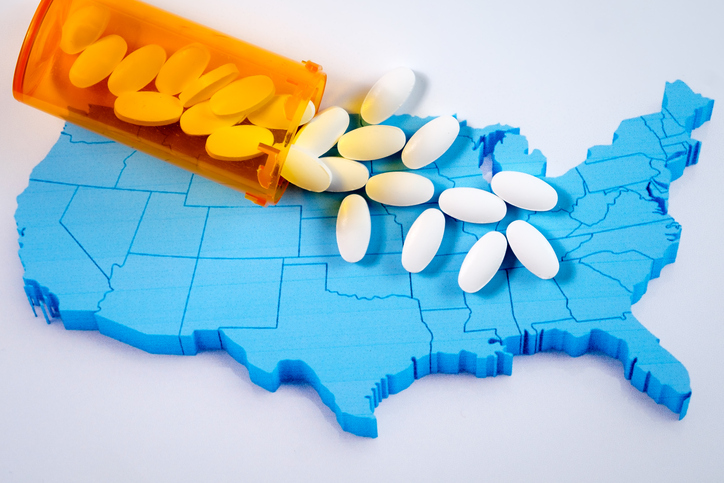
How AI Will Change the ePrescribing Experience for Patients, Providers and Pharmacies
There are a number of important ways AI will impact patients, providers and pharmacies in the coming year. They break down into three key areas.

There are a number of important ways AI will impact patients, providers and pharmacies in the coming year. They break down into three key areas.

AI offers a number of immediate opportunities for pharmacies to change their operation through intelligent automation, freeing up pharmacists to provide their patient population with higher-value services like patient counseling and medication management.

How Apella leverages technology to increase OR efficiency.

As we all work to wrap up the year and enter into 2025, here are a few trends to keep your eye on in the coming months and beyond.

We need to equip pharmacists with technology that can help them to make impactful clinical interventions in the pharmacy and reimburse them for these services, which would help to address the provider shortage.

To realize true, sustainable savings in total cost of care, the healthcare system needs to reconsider the support — or lack of support — it provides throughout patients’ medication experiences and the snowball effect that creates on a lifetime of healthcare costs.

Despite the evidence of their positive impact, pharmacists today lack the ability to reliably bill for clinical services as healthcare providers. It is important that payers provision pharmacists, include them in networks, and enable reimbursement through traditional billing models.

Solera Health is working to streamline employer contracting with health tech.

Two CVS stores in Rhode Island have filed petitions to join the Pharmacy Guild, which is building a national pharmacy union. The locations are close to CVS Health's headquarters in Woonsocket, Rhode Island.

In 61% of counties with a PCP shortage, there is a high volume of retail pharmacies. It reveals an opportunity for pharmacists, who have the education and training, and are already providing vaccinations, tests and frontline treatments to amplify the impact they can have on providing accessible care in the communities they serve.

Integrating pharmacists into primary care teams could be a key way to address the primary care physician shortage, according to a new report. The pandemic made it clear that pharmacists are clinically trained and want to provide care beyond filling prescriptions, the report said.

When pharmacies engage on a human level with patient support programs, patients become more fully engaged in their treatment, leading to potentially significant health benefits and good business for pharmacies.

Sheila Bond, MD, talked about the latest trends regarding integration of AI in healthcare.

The AMA believes physicians should still be the main prescribers, while advocates for provider status for pharmacists say it's a win for health equity and will expand treatment access.

James Lott, CEO of Script Health in Chicago, strongly favors the Pharmacy and Medically Underserved Areas Enhancement Act, the bill that would provide pharmacists expanded reimbursement as he outlined many ways they are already providing care to millions in America.

The Justice Department has sued Walmart for fanning the flames of the opioid crisis through its network of pharmacies, claiming that the retailer knowingly filled thousands of illegitimate opioid prescriptions. But Walmart says the lawsuit is "misguided."

For a limited time, the companies will provide pharmacists in Texas and Louisiana with free access to patient-specific medication history data.

The deal gives the company the means to provide more personalized medication management support to community pharmacists and their customers.